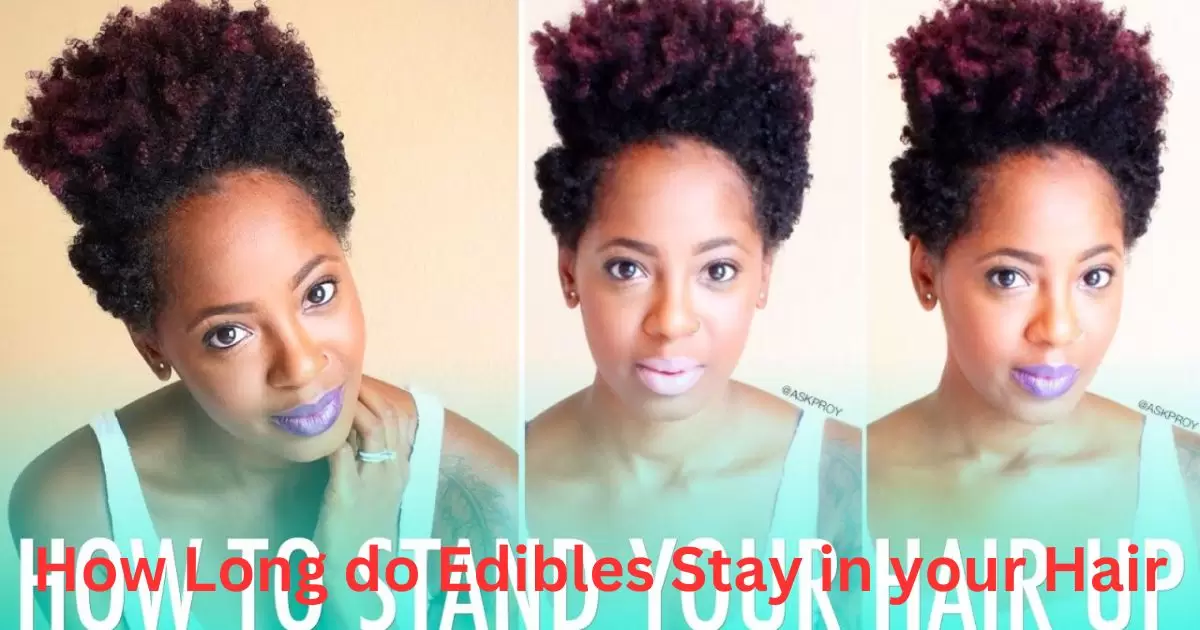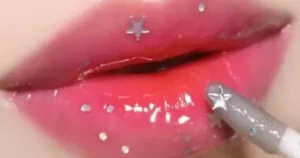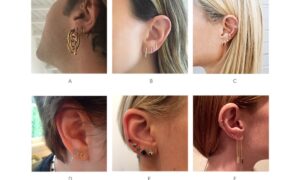Maintaining a balanced lifestyle full of purposeful activity is key to safeguarding years of hard work in recovery. Idleness leaves space for obsessive thoughts and triggers to take hold if not filled positively. Volunteering provides a sense of meaning beyond oneself while benefiting the community.
Regular exercise has profoundly healing effects on both physical and mental health when done consistently. Creative hobbies allow channeling energy into skills building and self-expression and discovering new talents along the journey. Making time for relaxation, nature, spiritual practice and quality relationships with loved ones also nurtures well-being. Recovery is a lifelong process remaining vigilant about needs and limiting potential risks.
What Are Edibles?
Edibles are food or drinks infused with marijuana. Cannabis edibles contain THC, the main psychoactive compound in marijuana. Unlike smoking or vaping marijuana where the effects are felt almost immediately, edibles take longer to kick in since THC must pass through the liver before entering the bloodstream. This process produces a longer-lasting, more intense high compared to other forms of cannabis consumption.
Types of Edibles
Some popular types of edibles include:
- Brownies or cookies -Baked goods are a classic edible and easy way to consume cannabis. Be careful of uneven THC distribution which can lead to accidentally eating too much.
- Gummies or candy – THC-infused gummies or sweets provide a discreet way to consume cannabis. However, their small, discreet size also increases the risk of accidental overconsumption.
- Beverages – Cannabis-infused iced tea, lemonade, or alcohol-free beer lets you feel the effects of THC through drinking. Onset may be a bit slower compared to eating an edible.
- Chocolates – Dark or milk chocolate is commonly infused with THC for an enjoyable edible experience. The fat content in chocolate helps the body absorb THC more effectively.
- Savory snacks – Popcorn, chips, nuts, and jerky can also be infused with cannabis oil or butter for an edible option more like an enjoyable meal than a sweet treat.
How Edibles Work in the Body
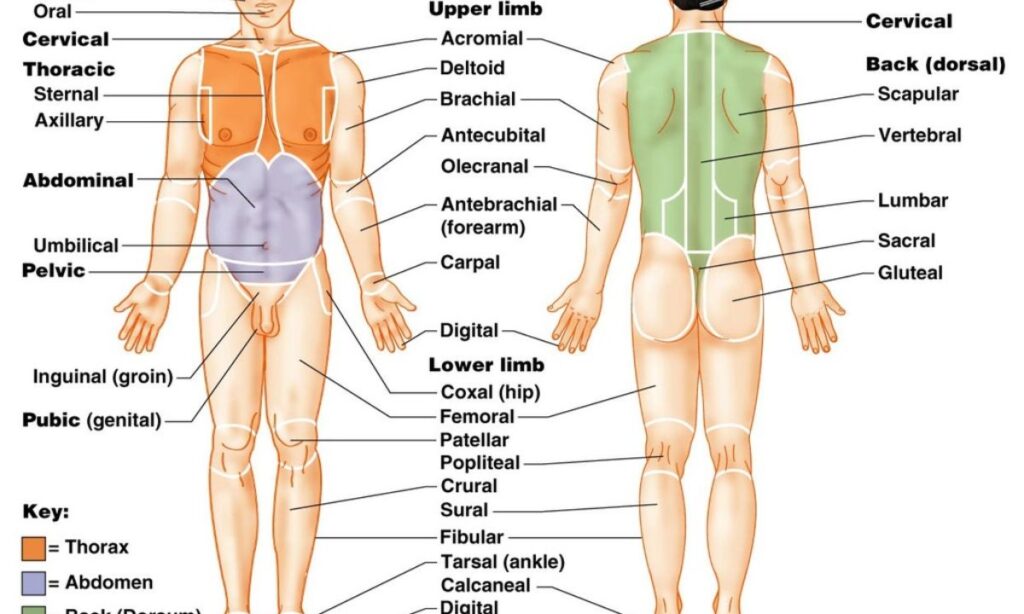
When consumed orally, THC from edibles is processed through the liver before entering the bloodstream. This results in THC being broken down and metabolized into a more potent psychoactive compound called 11-hydroxy-THC.
The Onset and Duration of Edibles Vs. Inhaled Cannabis
Smoking or vaping cannabis allows THC to enter the bloodstream quickly via the lungs, with peak effects within 30 minutes. However, with edibles it can take 1-3 hours to feel the full effects since THC must pass through the digestive system first.
The high from edibles also tends to last much longer, typically 6-10 hours compared to 2-4 hours from smoking. This longer duration means the effects are more difficult to gauge and can lead to accidental overconsumption if re-dosing too early.
Factors That Influence How Long Edibles Stay in Your System
Several individual factors impact how long THC metabolites from edibles remain detectable in hair, including:
- Metabolism – People with a faster metabolism typically process and eliminate THC from the body faster than those with a slower metabolism.
- Body fat percentage – THC is soluble in fat. Those with a higher body fat content provide more areas for THC to sequester, prolonging detection times.
- Dosage – Higher doses of THC through edibles result in more THC in the system and longer detection periods.
- Frequency of use – Regular, heavy use maintains a constant pool of THC in the body compared to occasional consumption.
- Hydration – Staying hydrated supports the kidneys’ ability to metabolize and eliminate THC and its byproducts more efficiently.
What Are the Detection Times for Edibles?
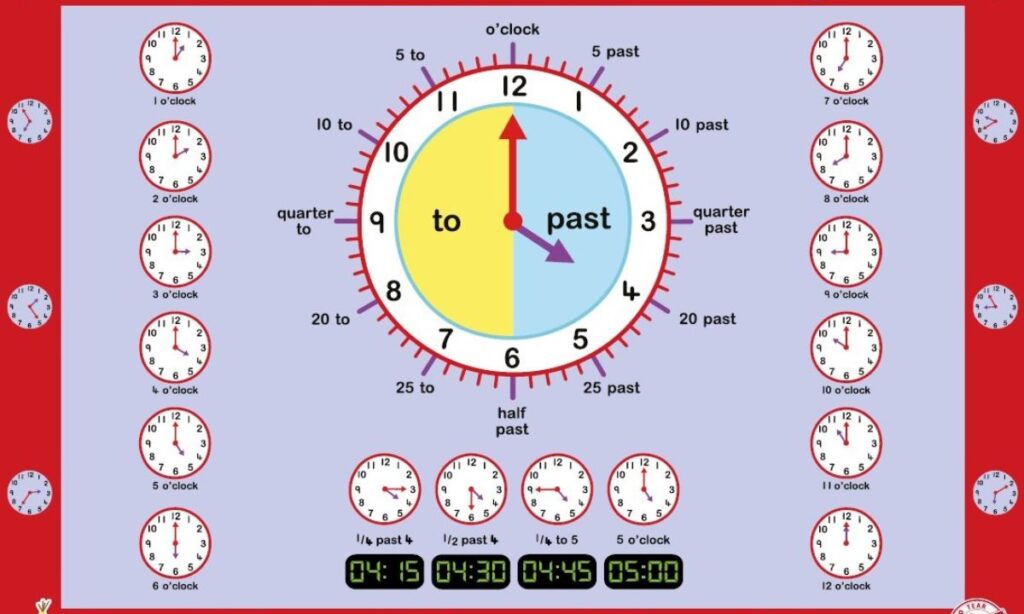
THC and its metabolites can linger in hair for extended periods after consuming edibles due to how long the substances circulate in the body’s fatty tissues. Generally, detection times are:
- Urine – 1-30 days. Frequent, heavy users may test positive for up to 3 months.
- Blood – 2-7 days. Detectable for 1-2 days.
- Oral fluid/saliva – 1-2 days.
- Hair – Edibles can be detected in hair for 90 days or more after consumption, with some heavy, long-term users possibly testing positive for over 6 months. Hair provides the longest detection window.
Potential Effects and Duration of Impairment
While THC metabolites may linger in the hair long after use, impairment only occurs while THC is actively circulating in the bloodstream. General effects and potential impairment durations include:
- Euphoria, relaxation, increased appetite – Effects typically peak 2-4 hours after consuming and impairment may last 6-12 hours.
- Altered perception, impaired motor skills and judgment – Impairment peaks 2-4 hours after consumption and usually resolves within 6-12 hours.
- Potential “hangover” effects like fatigue, headache, or brain fog – Mostly resolves within 12-24 hours.
Higher doses extend the impairment window and increase after-effects like hangovers. Regular users may develop tolerance reducing impairment duration over time. Overall effects depend on individual chemistry and consumption factors.
How Can You Reduce the Duration of THC in Your System?
To help speed the elimination of THC from hair if needed, consider:
- Increase water intake to stay well hydrated and support kidney function
- Consume foods high in omega-3 fatty acids like salmon to help flush THC stored in fat cells
- Use home remedies like apple cider vinegar or pectin supplements to potentially accelerate THC metabolism
- Sweat through exercise to increase elimination through skin and lungs
- Take drug test with first morning urine which contains the most concentrated contaminants
- Minimize future cannabis consumption once ceasing use to avoid maintaining THC levels
While hair follicles turnover periodically, high doses or regular use can still lead to THC lingering in hair for months after stopping edibles.
Legal and Professional Implications
Legal Implications
Driving or operating heavy machinery within 6-12 hours of eating edibles when impaired is illegal in all states with legal cannabis. Even in states where recreational cannabis is legal, companies and organizations can still prohibit cannabis consumption and fire or not hire those who test positive. Additionally, THC metabolites in hair can lead to legal troubles if one is subject to a court-mandated drug test.
Professional Implications
Jobs in safety-sensitive fields like transportation, construction, medicine, and more regularly drug test using hair and urine samples. Testing positive for THC, even from edibles consumed off-duty weeks ago, can result in lost opportunities, penalties or termination. Many professional and student organizations also strictly prohibit cannabis use. The long hair detection periods from edibles necessitates carefully considering consumption, especially for those with careers or ambitions where drug testing is common.
Illinois Recovery Center
For individuals struggling with cannabis or edible addiction in Illinois, the Illinois Recovery Center provides effective evidence-based treatment. Their clinical staff has extensive experience successfully treating edible and marijuana addiction with both inpatient detox and outpatient therapy options. Located in Chicago and Rockford, Illinois Recovery Center aims to help clients regain control of their lives and make positive changes through a holistic treatment approach.
Edibles in Austin
In Austin, edible marijuana addiction has become increasingly more common as the cannabis industry grows in Texas. However, limited treatment options exist for those struggling with problematic edible use. The Rooted Recovery Center specializes in edible and cannabis addiction recovery based in Austin. With a family-oriented, compassionate approach, Rooted Recovery Center implements individualized treatment plans to address the psychological and physical components of marijuana and edible dependency. Their caring clinicians are dedicated to guiding clients towards long-term recovery and a life without substance control or limitations.
How Your Body Metabolizes Edibles
When consuming cannabis edibles, THC enters your digestive system rather than your lungs. This means it must travel through your liver before reaching your bloodstream. In the liver, THC is broken down and metabolized into a more potent compound called 11-hydroxy-THC.
It then circulates throughout your body binding to fat cells and reaching your endocannabinoid system. Compared to smoking marijuana where effects are rapid, edibles produce a slower yet longer onset of up to 2-3 hours as THC meticulously processes through your body. This metabolic process is why edible highs tend to last 6-10 hours while smoked marijuana lasts 2-4 hours on average.
Average Detection Time
For occasional edible users, THC and its metabolites clear from your system gradually over time:
- Urine: 1-7 days
- Blood: 1-2 days
- Saliva: 1-2 days
- Hair: Edibles can be detected in hair for 90 days or longer after consumption for occasional users.
Heavy, frequent edible consumers face extended detection windows, sometimes testing positive for months in hair due to THC residues firmly binding within body fat cells. Hair provides the longest detection period for prior edible cannabis use compared to other specimen types. However, impairment typically only occurs while THC is actively circulating in your bloodstream for 6-12 hours post-consumption on average. So hair tests cannot determine current impairment, only prior exposure over extended durations for heavy users.
Edible Marijuana Addiction
For some individuals, habitual edible marijuana use can escalate to addiction over time. Psychological dependency develops as enjoyable effects become expected to relieve stress, discomfort or boredom. Physical tolerance necessitates increasing doses for the same effect with withdrawals like insomnia, restlessness or anxiety emerging
if use is abruptly ceased. Functioning impairments may arise interfering with responsibilities at home or work. Continued use despite negative consequences also characterizes addiction. Recognizing problematic symptoms and seeking help is key to regaining control and making positive lifestyle changes. Effective treatment addresses both physical and psychological components to support long-term recovery.
Edible Addiction Help in Austin
Located in Austin, Texas, Rooted Recovery Center specializes in helping those struggling with edible cannabis addiction regain control of their lives. By utilizing comprehensive clinical assessments, individualized treatment plans are designed to gradually alleviate physiological edible cravings while addressing triggers and unhealthy coping behaviors at the root.
A holistic approach combines evidence-based counseling therapies, relapse prevention strategies, family involvement, nutritional guidance and alternative wellness practices to equip each client with skills to maintain recovery long after leaving treatment. Rooted’s dedicated team believes that with the right tools and support system, anyone can achieve freedom from edible dependency and live a fulfilling, balanced life without substances dictating their choices or happiness.
If you don’t like how things are, make a change.
For individuals suffering under the burden of an edible cannabis addiction, it’s understandable to feel stuck believing that nothing can improve. However, positive change truly is possible when one is ready and willing to do the difficult inner work of recovery. At Rooted Recovery Center, we’ve helped many clients just like you break free from the self-destructive bonds of addiction to find relief,
purpose and joy again in their lives. If you’re tired of feeling controlled by edibles yet unsure of where to even begin your journey, know that we’re here to compassionately guide you step-by-step towards long-lasting healing and recovery. Reach out today – you have so much wonderful potential waiting to be unlocked once addiction no longer holds you back.
Conclusion
While edibles may remain detectable in hair for extended periods, freedom from the impacts of addiction can be achieved through dedication to recovery. Breaking the bonds of substance dependency takes perseverance, courage and a willingness to explore reasons driving use along with developing new ways of coping mentally and physically. Relapse may happen for some, but should not be seen as failure – rather, as an opportunity to further strengthen resolve and commitment to wellness.
For those ready to reclaim their lives, competent treatment tailored to individual needs followed by actively maintaining lifestyle adjustments independently can yield profound and lasting change. With continued growth well beyond the initial steps of detox, there are no limits to what may be accomplished. True empowerment comes from within by gaining understanding and tools and applying them each day to thrive happily without dependence.
